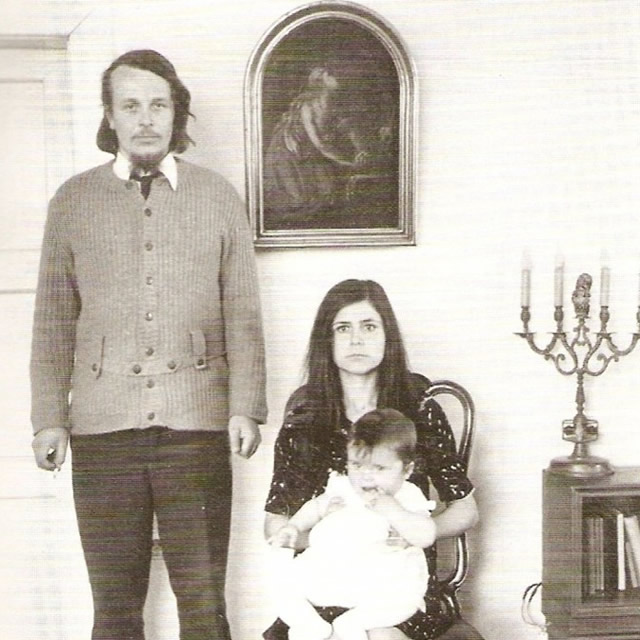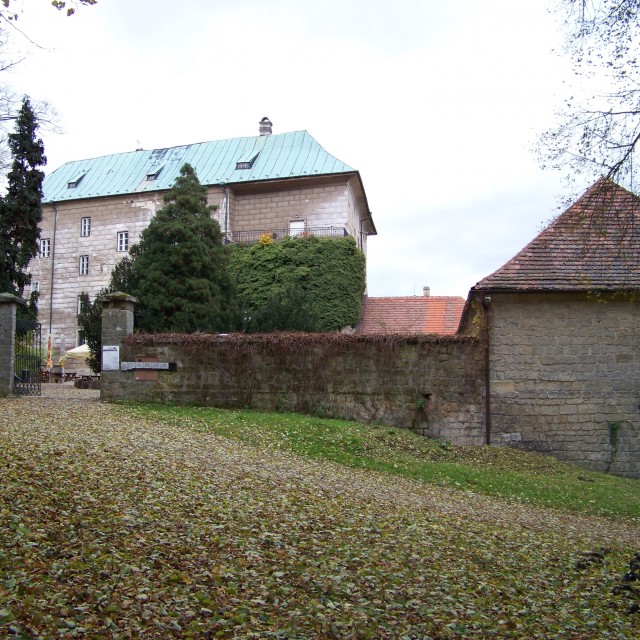I spent my best years at Houska
Svatopluk Karásek, a young Evangelical priest was deprived of the state approval for his pastoral activity in the early 1970s. His wife Stáňa worked as a psychologist in Lobeč at the time. Upon StB’s pressure, no farming co-operative in the area would employ Karásek as a stock feeder, but, surprisingly, he eventually found a job at the nearby Houska Castle, which at the time housed the depository for the university library. Maybe the government powers believed that the rebellious priest would let up at a castle in the middle of a forest, closed to the public. They were wrong – Karásek missed the contact with parishioners, and since he could not preach, he opted to sing songs and became friends with the emerging underground movement. Some of his friends started to work at Houska, others would come for weekends, and longhairs as well as independent clergymen would meet there. The Plastic People Of The Universe even recorded their famous Egon Bondy’s Happy Hearts Club Banned album there. There was no heat in the castle and the musicians were cold, yet the recording turned out well. “It sounds quite amateurish, but some of the Houska vibe is captured in the recording,” Karásek reckons today, rating the years spent at Houska with his wife, children and friends as a beautiful period in retrospect, as they could really live freely in the middle of a land of no freedom. It all came to an end in March of 1976 when Karásek was arrested and sentenced in a staged trial with the elite of the country’s underground movement. He never came back to Houska again.
Hodnocení
Hodnotilo 0 lidí
Routes
Not a part of any route.
Comments
No comments yet.



